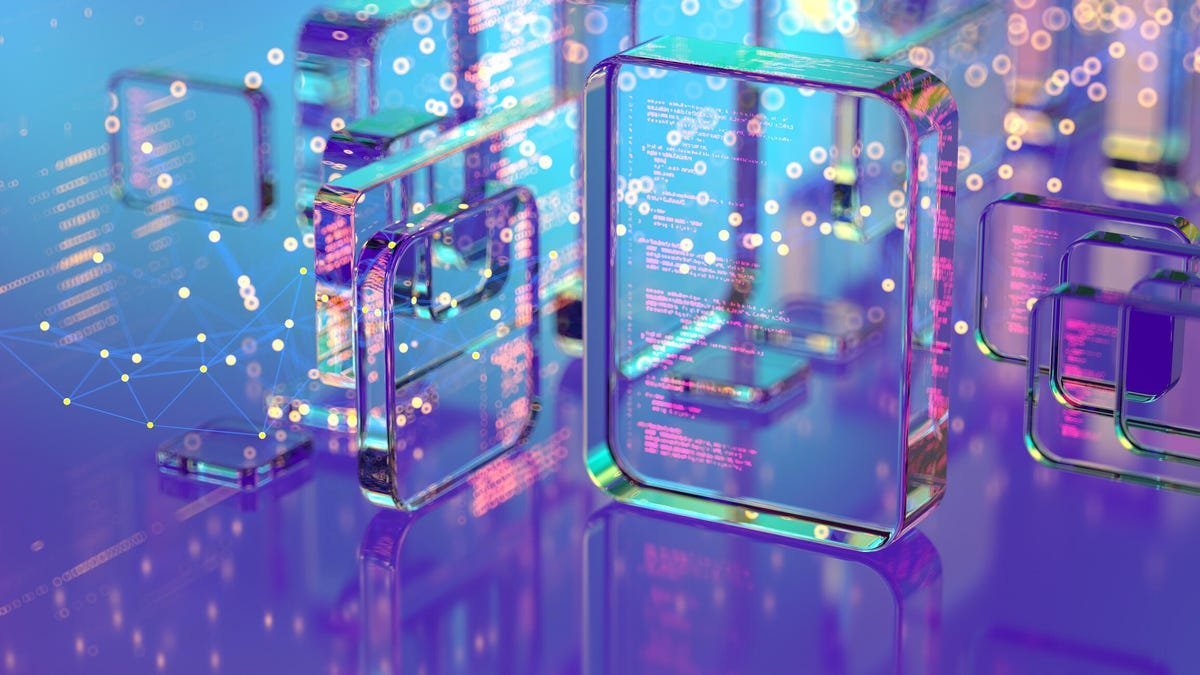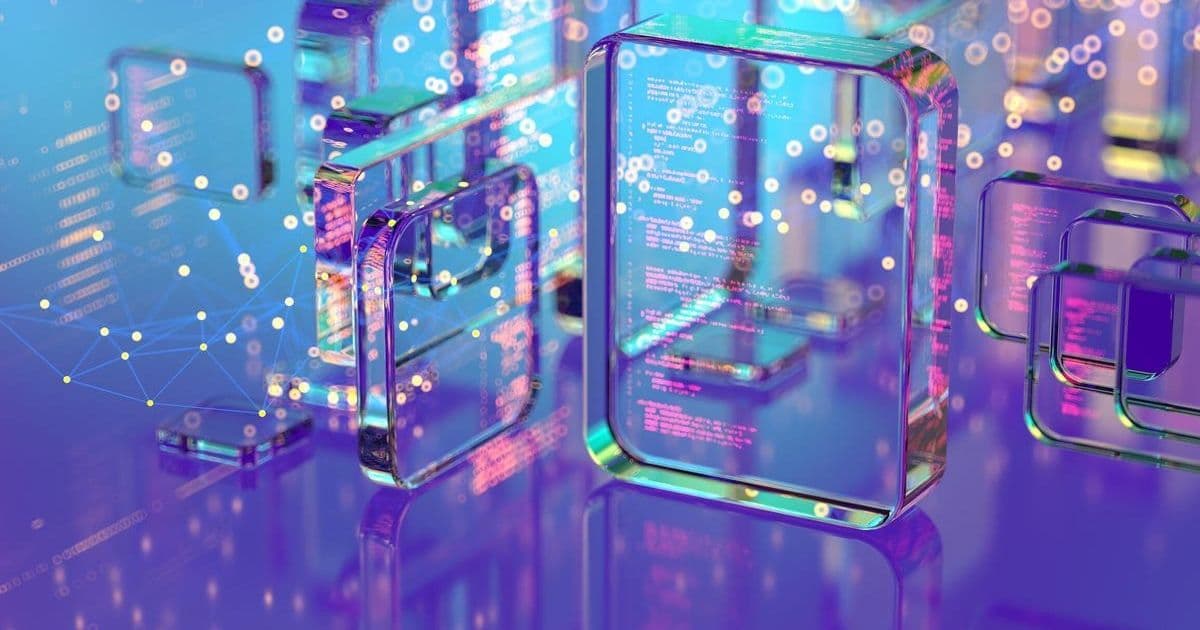While AI dominates headlines, McKinsey's 2025 Technology Trends Outlook report spotlights 13 critical innovations—from agentic AI to quantum computing—that are collectively transforming industries. This analysis reveals why developers and tech leaders must look beyond generative AI to navigate cybersecurity risks, infrastructure demands, and emerging opportunities.

When McKinsey released its annual Technology Trends Outlook report this week, artificial intelligence unsurprisingly claimed the top spot—but the consulting giant's analysis underscores a crucial reality: the tech landscape is a complex ecosystem where AI interacts with less-hyped yet equally pivotal innovations. The report, based on extensive market data and industry insights, identifies 13 trends poised to drive seismic shifts across sectors, demanding attention from developers, engineers, and CTOs navigating this multifaceted evolution.
The AI Vanguard: More Than Just Chatbots
At the forefront is agentic AI—systems leveraging foundation models to autonomously execute multi-step tasks. McKinsey notes a staggering 985% surge in job postings for agent-related roles since 2023, signaling Silicon Valley's aggressive bets on this technology. As AWS VP Bill Vass recently emphasized, such agents could unlock $450 billion in productivity gains by automating complex workflows, from code generation to customer support.
Broader artificial intelligence capabilities rank second, encompassing everything from predictive algorithms to generative models like ChatGPT. Yet McKinsey stresses that AI's real power emerges when integrated with other trends. For instance, application-specific semiconductors (ranked third)—particularly GPUs—provide the computational muscle behind the AI boom, while cloud and edge computing (fifth) address the colossal data processing demands of training and deploying models.
Surprises in the Spotlight: Immersive Reality and Quantum Leaps
Defying assumptions, immersive-reality technologies—including AR/VR—secured the sixth spot. Despite the metaverse hype cycle cooling, giants like Meta and Apple continue investing heavily in hardware like smart glasses and Vision Pro headsets. McKinsey suggests these tools are finding pragmatic applications in training, remote collaboration, and retail, proving their resilience beyond fleeting trends.
Equally critical is the rise of quantum technologies (eighth), which exploit quantum mechanics for unprecedented computational speed. With companies like D-Wave advancing hardware, quantum computing could soon revolutionize cryptography and complex simulations. Meanwhile, digital trust and cybersecurity (seventh) has surged in urgency as AI-powered threats escalate. Financial institutions, for example, are now deploying AI defensively to counter AI-augmented attacks—a high-stakes arms race reshaping security protocols.
Convergence and Consequences: Why This Matters for Tech Professionals
The remaining trends—future of robotics (ninth), mobility (tenth), bioengineering (eleventh), space technologies (twelfth), and energy/sustainability (thirteenth)—highlight how innovation is spilling into physical domains. Autonomous robots like Amazon's DeepFleet are optimizing logistics, while advancements in gene editing and synthetic biology raise both ethical and technical challenges. As these fields collide, developers must consider cross-disciplinary impacts: bioengineering algorithms could demand new data privacy frameworks, while space-based connectivity (via LEO satellites) enables global IoT networks.
For tech leaders, McKinsey's report is a clarion call to diversify focus. Overemphasizing AI while neglecting supporting infrastructure—like advanced connectivity (fourth) via 5G—risks creating brittle systems. The true opportunity lies in orchestration: combining agents with quantum-speed processing, securing it through cyber-resilient design, and powering it sustainably. As one industry expert quoted in the report warns, 'The winners won't just adopt single technologies—they'll master their convergence.'
Source: McKinsey Technology Trends Outlook 2025, via ZDNet.

Comments
Please log in or register to join the discussion